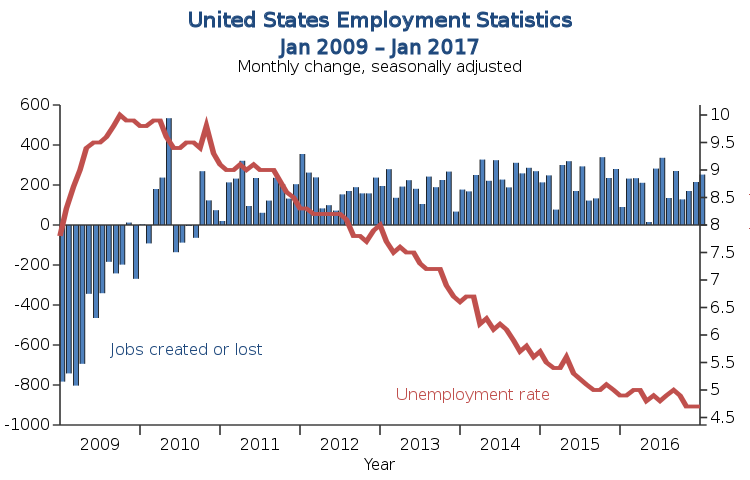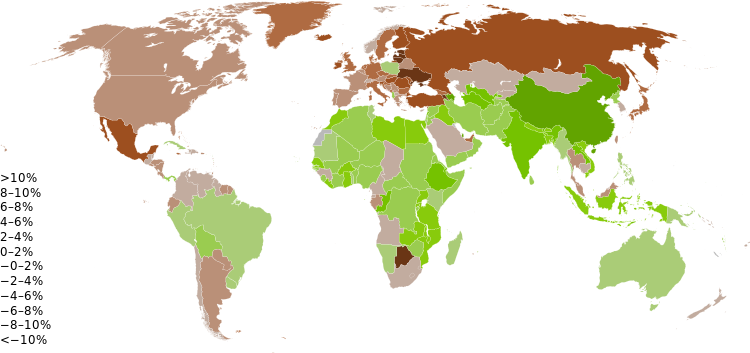Security Threat Prompts Alignment with U.S. Policy
- Canada is ready to match the U.S. ban on Chinese and Russian components in connected vehicles
- U.S. Commerce Department proposes banning key software and hardware from China and Russia in connected vehicles
- Biden administration fears data collection and hacking of American infrastructure and drivers’ communications
- Canadian officials considering following U.S. lead on the issue
- Ontario premier calls for matching U.S. move and staying aligned with U.S. policy
- Canada to impose 100% surtax on Chinese electric vehicles starting October
- 25% surtax on steel and aluminum imports from China, considering additional surtaxes on other goods
Canadian Finance Minister Chrystia Freeland has signaled that the government is prepared to follow the United States’ lead on banning Chinese and Russian components in connected vehicles, as the U.S. Commerce Department proposed prohibiting key software and hardware from these countries in American roads due to concerns over data collection and potential hacking of infrastructure and driver communications. Freeland stated that Canada takes the security threat from China seriously. The Premier of Ontario, which houses the majority of Canada’s auto sector, urged federal officials to align with the U.S. approach. In addition to a 100% surtax on Chinese electric vehicles starting in October, Canada is also considering a 25% surtax on steel and aluminum imports from China, as well as potential surtaxes on other Chinese goods like critical minerals, batteries, and semiconductors.
Factuality Level: 8
Factuality Justification: The article provides accurate information about the Canadian government’s consideration of matching the U.S. ban on Chinese and Russian components in connected vehicles and their intention to impose surtaxes on Chinese goods. It also mentions the concerns regarding security threats from China and Ontario’s support for this decision.
Noise Level: 3
Noise Justification: The article provides relevant information about the government’s response to potential security threats from China and Russia in connected vehicles and Canada’s intention to match the U.S. policy on tariffs for Chinese goods. However, it lacks a detailed analysis of long-term trends or possibilities, intellectual honesty, and actionable insights.
Key People: Chrystia Freeland (Canadian Finance Minister)
Financial Relevance: Yes
Financial Markets Impacted: Auto sector, electric vehicles, steel and aluminum industries
Financial Rating Justification: The article discusses potential trade restrictions on Chinese products, which could impact the auto sector, electric vehicle market, and steel and aluminum industries. This has financial implications as it may affect the prices of these goods and companies involved in their production and sale.
Presence Of Extreme Event: No
Nature Of Extreme Event: No
Impact Rating Of The Extreme Event: No
Extreme Rating Justification: There is no extreme event mentioned in the article.
Move Size: No market move size mentioned.
Sector: Technology
Direction: Down
Magnitude: Large
Affected Instruments: Stocks
 www.marketwatch.com
www.marketwatch.com 





